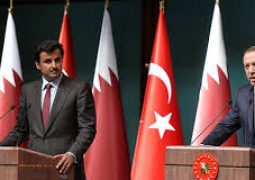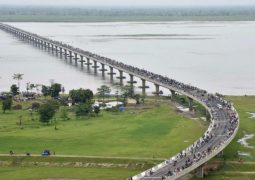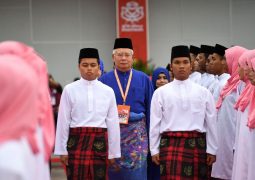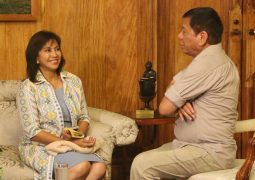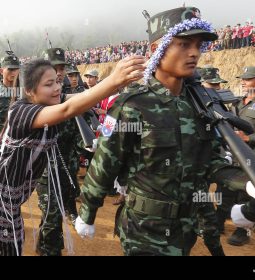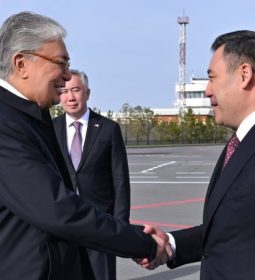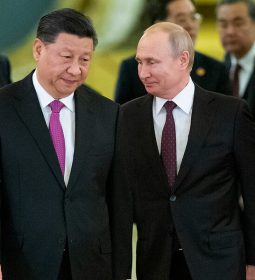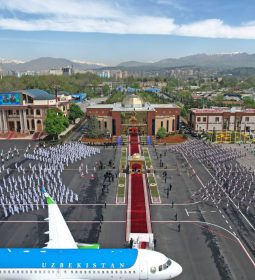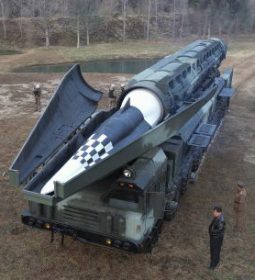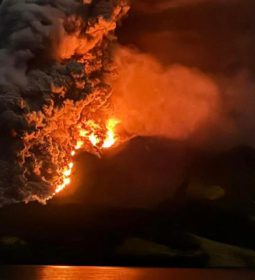Jordan MPs demand expulsion of Israeli envoy over Al-Aqsa dispute
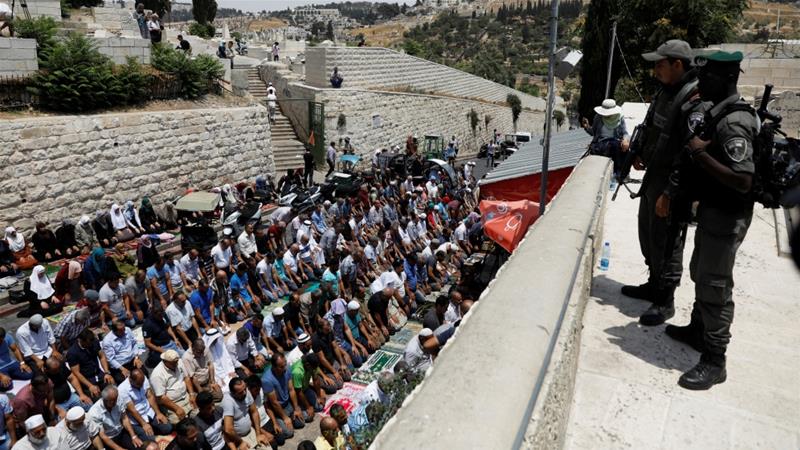
They also called for the return of Jordanian ambassador to Tel Aviv following latest Israeli measures at Al-Aqsa.
A committee within in Jordan’s parliament called for the expulsion of Israel’s ambassador from the country in response to the latest measures taken by the Israeli army in occupied East Jerusalem.
On Monday, Israeli soldiers placed locks and metal chains on al-Rahma gate of the Al-Aqsa Mosque compound and prevented hundreds of Palestinian worshippers from entering the site, while several were arrested inside the compound.
In a statement read to Jordan’s parliament on Tuesday, the Palestine Parliamentary Committee also called for the return of Jordan’s ambassador from Tel Aviv.
“We call on the government to recall the Jordanian ambassador from Tel Aviv, and to expel the Israeli ambassador in Amman,” the statement read.
The move to counter the latest Israeli measures has yet to garner an official response from Jordanian officials.
“[The measures] contradict the most basic human rights values and international laws,” the statement read.
The committee warned that such actions “represent a new and dangerous stage that provokes millions of Muslims around the world” and entrenches “racial and sectarian divides … and incites hate speech”.
Israeli police installed locks on the gate in response to members of Jerusalem’s Religious Endowments Authority performing prayers there last Thursday, spokesperson Firas al-Dibs of the endowments authority told Palestinian news agency Maan on Monday.
Al-Rahma gate leads to a building that was sealed off by Israel in 2003 after it accused the Islamic Heritage Committee, which was headquartered there, of conducting political activities, Maan reported.
On Tuesday, Israeli forces reopened a gate, located on the east side of the Al-Aqsa Mosque compound.
The Jordanian MPs’ statement acknowledged “royal efforts” that led to the removal of the chains.
According to local media reports, Palestinians performed their prayers outside the gate to pressure Israeli police into reopening the gate.
In videos circulated in local media, Israeli police were seen beating and physically assaulting Palestinian worshippers as they attempted to enter the site.
Translation: Barbaric beatings and arrests … occupation [forces] assault young men and detains them after they attempt to open the al-Rahma gate in Al-Aqsa.
Israel and Jordan signed a peace agreement in 1994, but relations have often been frosty amid differences over Israeli policies in Jerusalem, where Jordan is a custodian of Muslim and Christian holy sites.
The only other Arab state to have diplomatic relations with Israel is Egypt.
Status quo
The Al-Aqsa Mosque compound is one of the most fractious issues in the Israel-Palestinian conflict.
Security measures introduced by Israel on the compound in 2017, including the installation of metal detectors and turnstiles at the entrance of the compound, led to mass demonstrations. At the time, tens of thousands of Palestinians prayed outside the compound for nearly two weeks in protest against the decision.
Al-Aqsa is the name of the silver-domed mosque inside a 35-acre compound referred to as al-Haram al-Sharif, or the Noble Sanctuary, by Muslims, and as the Temple Mount by Jews.
For Muslims, the Noble Sanctuary hosts Islam’s third-holiest site, the Al-Aqsa Mosque, and the Dome of the Rock, a seventh-century structure believed to be where the Prophet Muhammad ascended to heaven.
Jews believe the compound is where the Biblical Jewish temples once stood, but Jewish law and the Israeli Rabbinate forbid Jews from entering the compound and praying there, as it is considered too holy to tread upon.
The compound’s Western Wall, known as the Wailing Wall to Jews, is believed to be the last remnant of the Second Temple, while Muslims refer to it as al-Buraq Wall and believe it is where the Prophet tethered al-Buraq, the animal upon which he ascended to the sky and spoke to God.
Israel occupied East Jerusalem during the 1967 Six Day War. It later annexed the city in 1980, claiming it as the capital of the self-proclaimed Jewish state in a move never recognised by the international community.
While Jewish visitation is permitted in the compound, non-Muslim worship is prohibited according to an agreement signed between Israel and the Jordanian government.
However, Israeli authorities regularly disrupt the status quo and allow Jewish visitors to enter the site, often under armed guard, while restricting access to Palestinians.
- Previous Israel bans top Palestinian Waqf officials from Al-Aqsa
- Next China considers legal changes on technology to placate US



